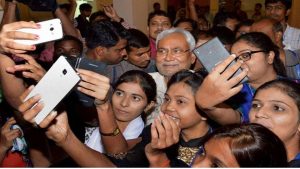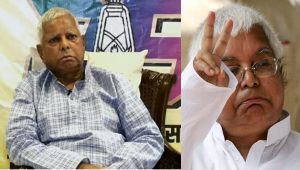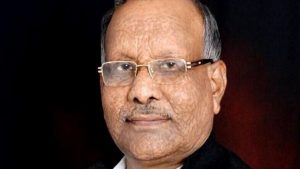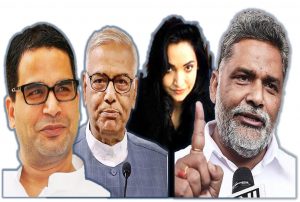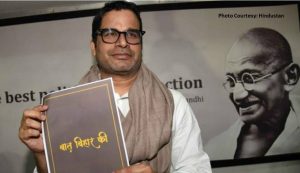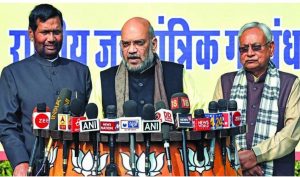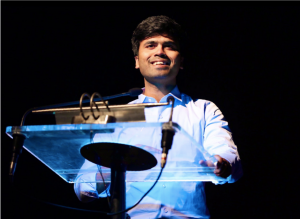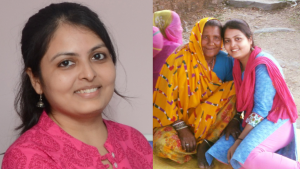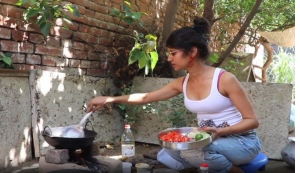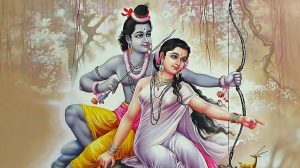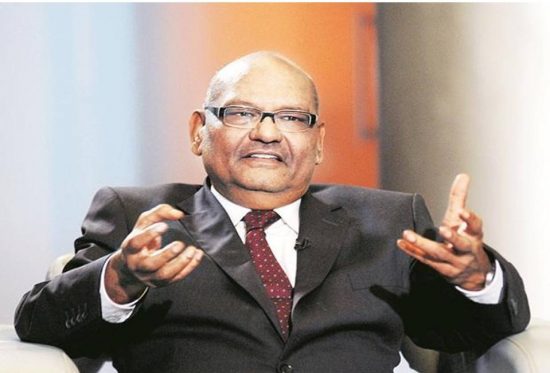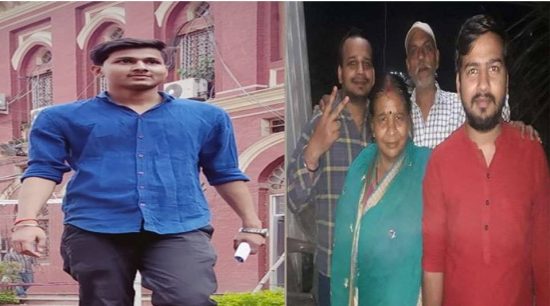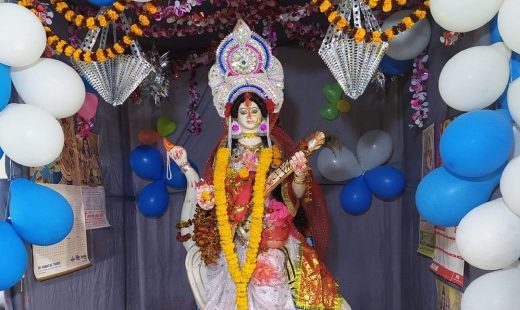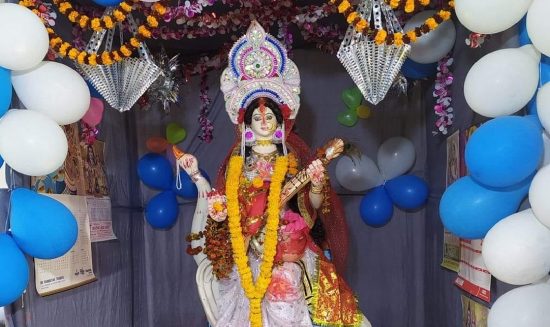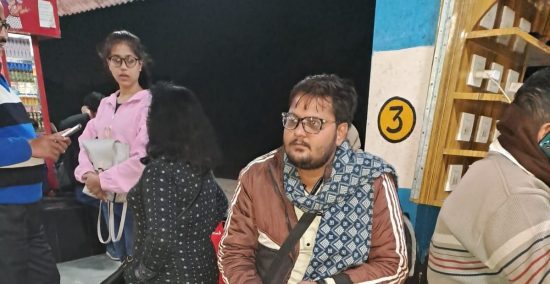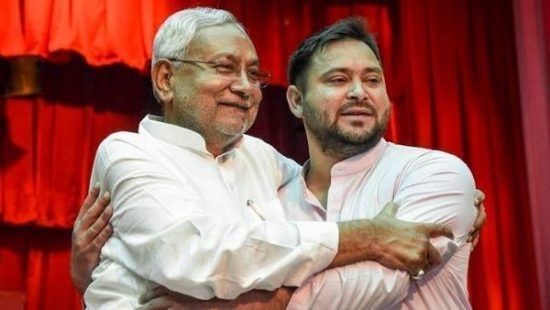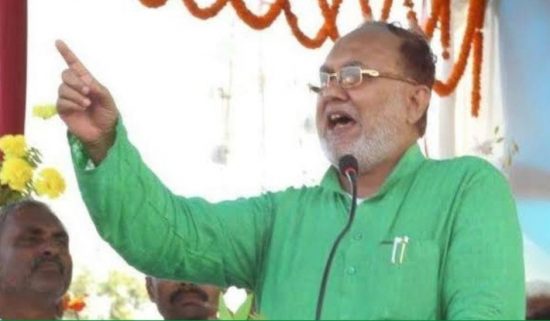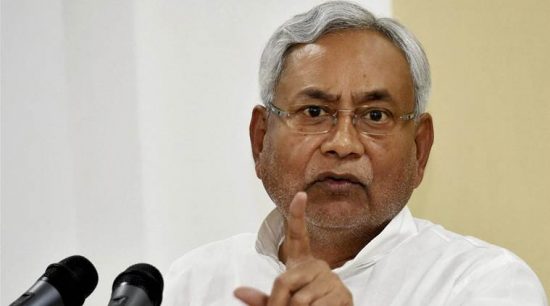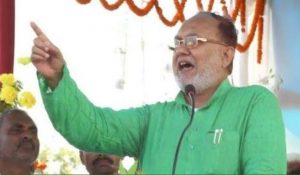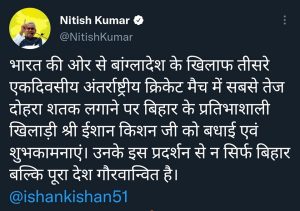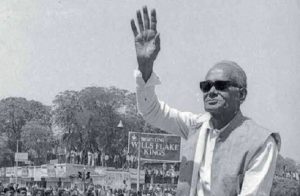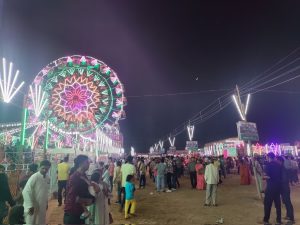Being ‘Shravan Kumar’ is not a burden and it does not lead to ‘toxicity’
The Article is a response to the Article entitled Shushant Singh Rajput and the burden of being a ‘Shravan Kumar’ in toxic Bihari Family, published on The Print (8th august, 2020)
It’s been nearly two months when Hindi film actor Shushant Singh Rajput had died by suicide. Since then media had got its special and never-ending topic where most hours of the day is devoted in discussing whether it was suicide or murder? The issue had opened the doors for mental health issues, nepotism in Bollywood. However, the whole issue had taken a different turn, the media had started debates between two states Bihar vs Maharashtra, Bihari boys vs Bengali girls and moreover, people have also started judging Bihari families and called it a toxic.
The title is itself a problem
The title linked with the case of Sushant Singh Rajput to the story of Shravan Kumar and suggests that he was pressurised to become a Shravan Kumar and as a result, the family has become toxic including whole Bihari families. First of all, I did not find linkage between Shravan Kumar’s story and Sushant’s case. The mythological story of Shravan Kumar tells us that shravan was obedient and grateful to his parents and tried to do every possible thing to make his parents happy. In case of Sushant, the family had no expectations like shravan kumar they just wanted their son to be in this world, and if their son had died due to unknown reasons, the family has all right to know the reasons for it.
Second, the expectations from son to become good and obedient is pan-indian thing naming a particular state is like a particular attempt to defame a state.
The son is always kid- mera laadla
In this particular paragraph the author is trying to say that a grown-up man is always kid/baby of these families. Yes, I do agree that Indian family treats their son a kid but again I found this statement irrelevant in Sushant’s case. Every son and daughter are dear to their parents but that does not mean that they are calling Sushant as ten-year-old guy. The family of Sushant had given freedom to pursue career of his choice. He left his beaming career of engineering and joined uncertain acting career if family had treated him as a kid they would have definitely stopped him to join uncertain acting career.
The author went on to say that people are coming and giving interviews in the media who had not seen Sushant’s since childhood and wondering now, how he can be depressed. Yes, it is true every person is not same his mental state cannot be same at every point of time but the author had failed to see that there are many who are with Sushant in his present time and rejected the theory of depression and many confessed that he was depressed. The depression story of Sushant is still not clear there are so many theories in media and we can’t jump on a conclusion.
Whatever, his father and family is saying about mental condition of Sushant is their believes and feelings for their son. Let, the CBI proceed the enquiry and things will definitely come out that in what circumstances he died by suicide.
Girlfriend/wife separates the family from son
The author has made this issue as a regional issue; she says “The familiar trope in Bihar is one of a guile-less son who loses his way because of an enchantress.” Does she think that this phenomenon only exists in Bihar? I have also read the number of stories, songs and poems which tells that women take away the sons from the family.
I think media should move on from the issue of Bihari boys vs Bengali girl. For defending this issue, let’s not blame Bihari society. We need to come out from the regional issues and address these stereotypes on a national level.
Families and the issue of girlfriend
In this paragraph, the author finally said that the home-breaker angle is not only limited to Bihar but further says that north-indian families have a special dislike for girlfriend. I want to remind to the author, this mindset exists everywhere we have plenty of examples from south, west, east, north India, where family thinks that women have corrupted men’s mind.
The author has given an example of Bihari friend where one of his friend’s mother dislikes her daughter-in-law for corrupting her friend’s mind. Does she think that this one example can prove that all the mothers-in-law from Bihar think in a similar manner? I have seen my friends from Bengal, Odisha, Uttar Pradesh, Kerala, Manipur and many other parts of the country where the mother of the son thinks girlfriends had corrupted the mind of the son.
On the other side, my Bihari friend’s mother is comfortable with the idea of the live-in relationship of her son with his girlfriend, but that does not lead to the generalisation that whole Bihari society is progressive.
Sushant’s Family and the issue of girlfriend
Rhea Chakrabarty was not the first girl in Sushant’s life, Sushant had been in relationship with Ankita Lokhane, we have seen rumours with Kriti Sanon as well. The family did not have any problem with these girls. In this unfortunate time when Sushant is no more and family wanted to know the reasons, then they should know the reason, and they should name the suspect.
Rhea Chakarbarty and media trial
I equally felt terrible for Rhea when media kept saying her kaali jadugarni, vishaili, gold-digger. The father of Sushant had made allegations on Rhea, but he never asked media, politicians to give such names to Rhea. He all have the right to say about the suspect whatever required for the enquiry, but for this, if whole Bihari society is called toxic is problematic.
The author had highlighted a few important points like depression, the stereotype of women, nepotism which must be considered with Sushant’s case. However, in any discussion calling sushant’s family and whole Bihari family is toxic, conservative is not valid. The role of media to take the audience in the right direction and spread positivity. We should definitely talk about depression; we should talk about the stereotyping of women from a specific region but without blaming one’s family.
Let’s not stereotype a particular state; it might hurt the sentiments of Bihari families. The issues talked about the author is not particular to Bihar, let’s not witch-hunt a particular state. We definitely know the mentality of Bihari families and their views about girls. However, we should not forget that the Bihari families also taught us a lesson on brotherhood, respecting every individual, giving equal space to their son and daughter-in-law. How a family treats its bahus, son’s girlfriend differs from family to family. Do not make this issue as regional or fight between two or more states. Let’s stand with Sushant’s family who is in unconditional pain and let the CBI do its work and truth to come out. Let us believe in sensible journalism.
– Ritu, an research scholar
